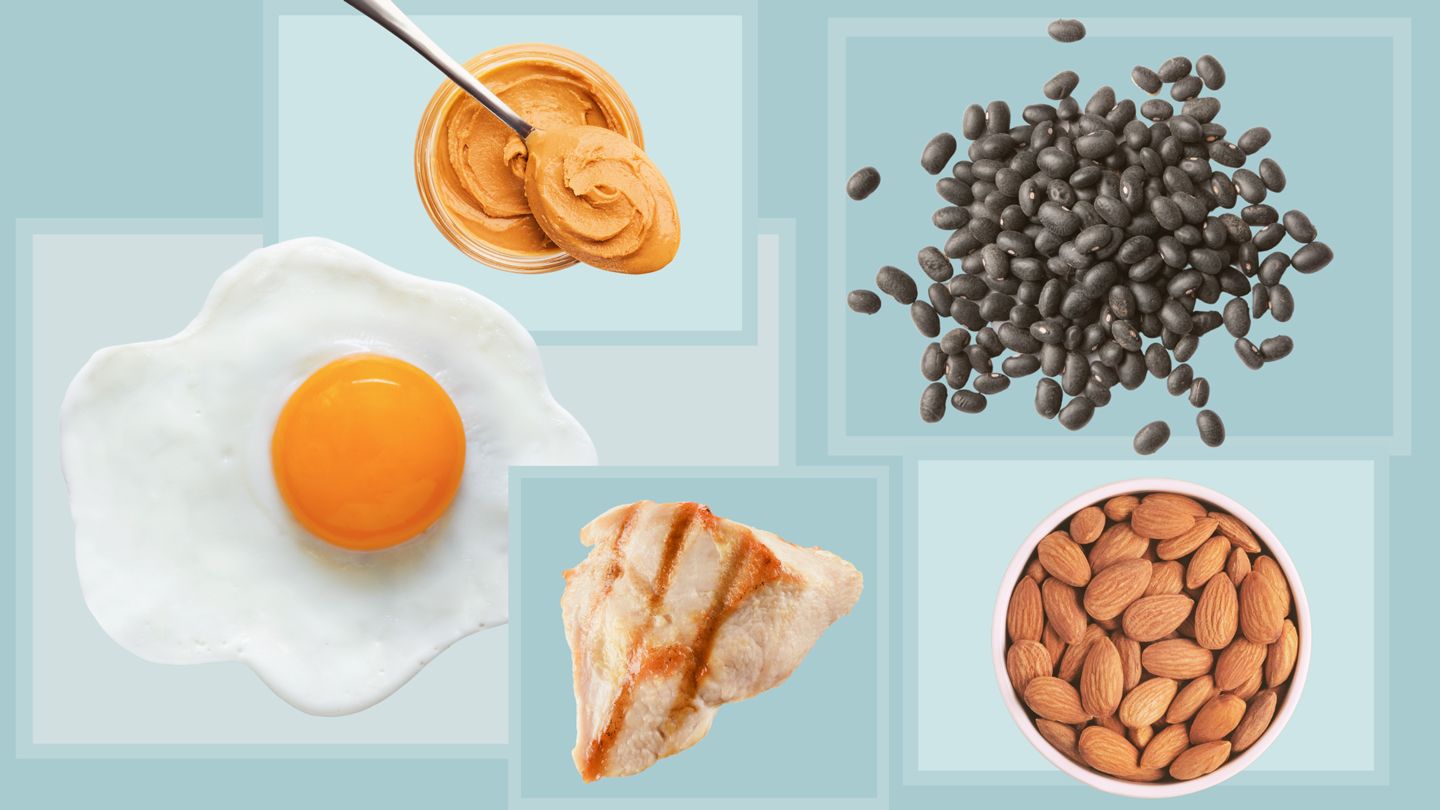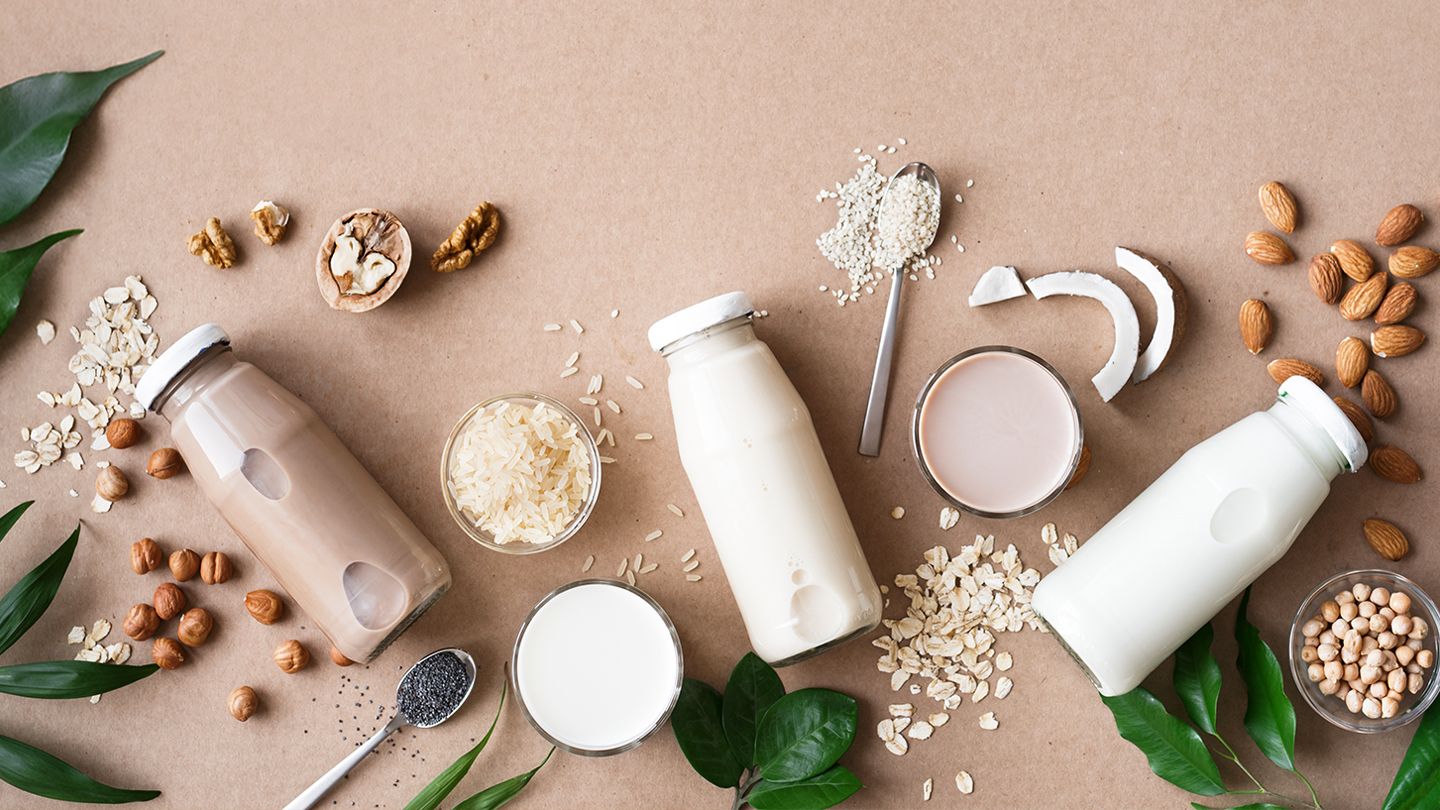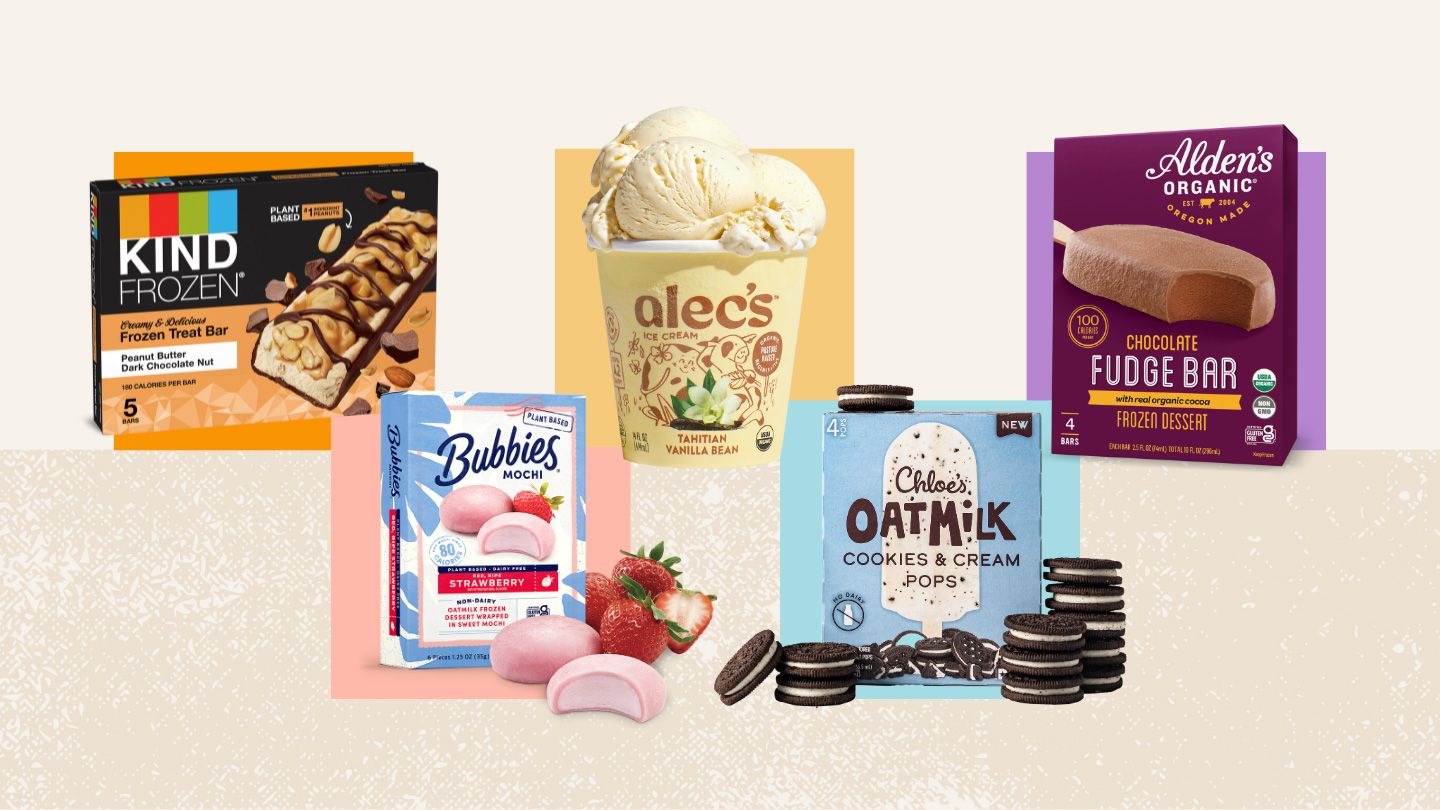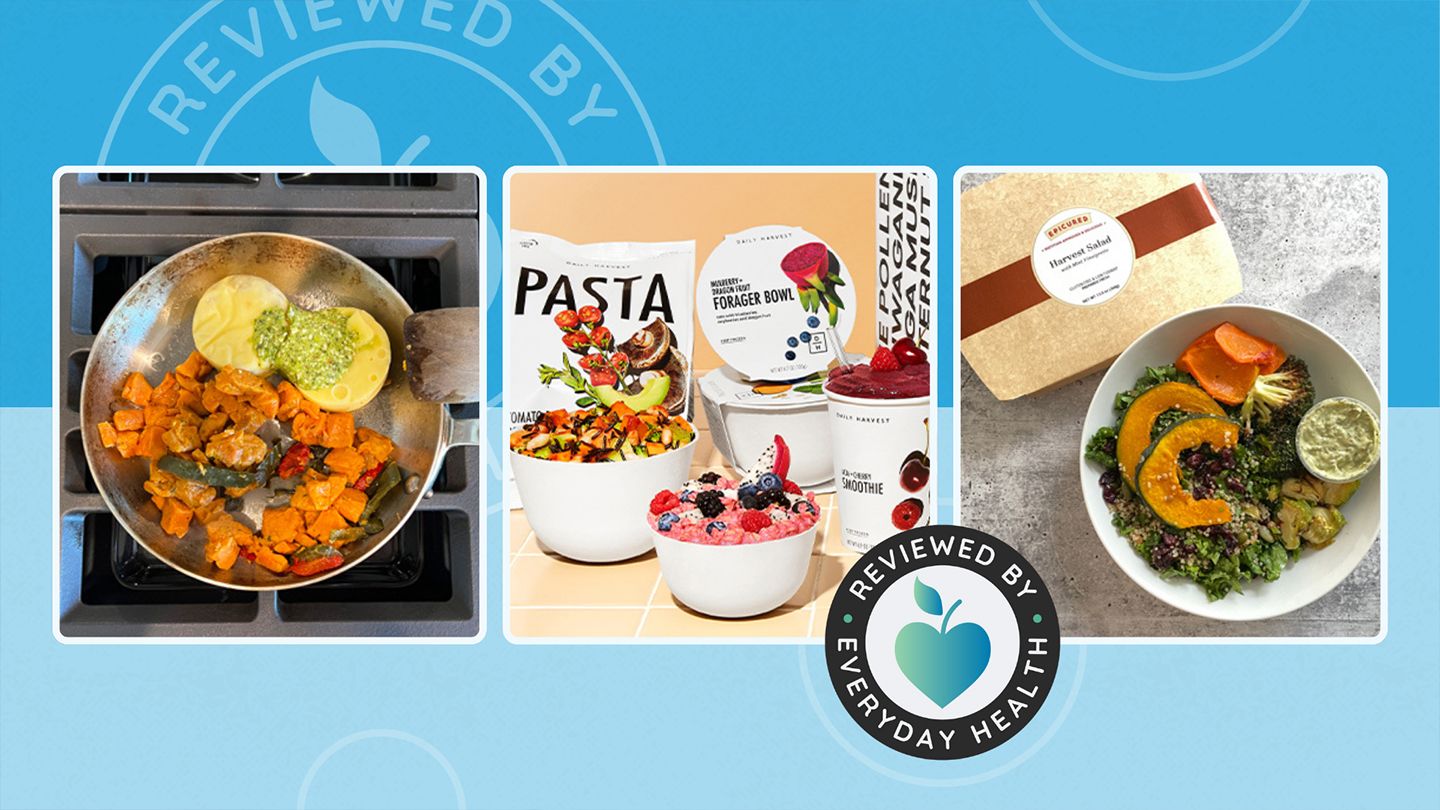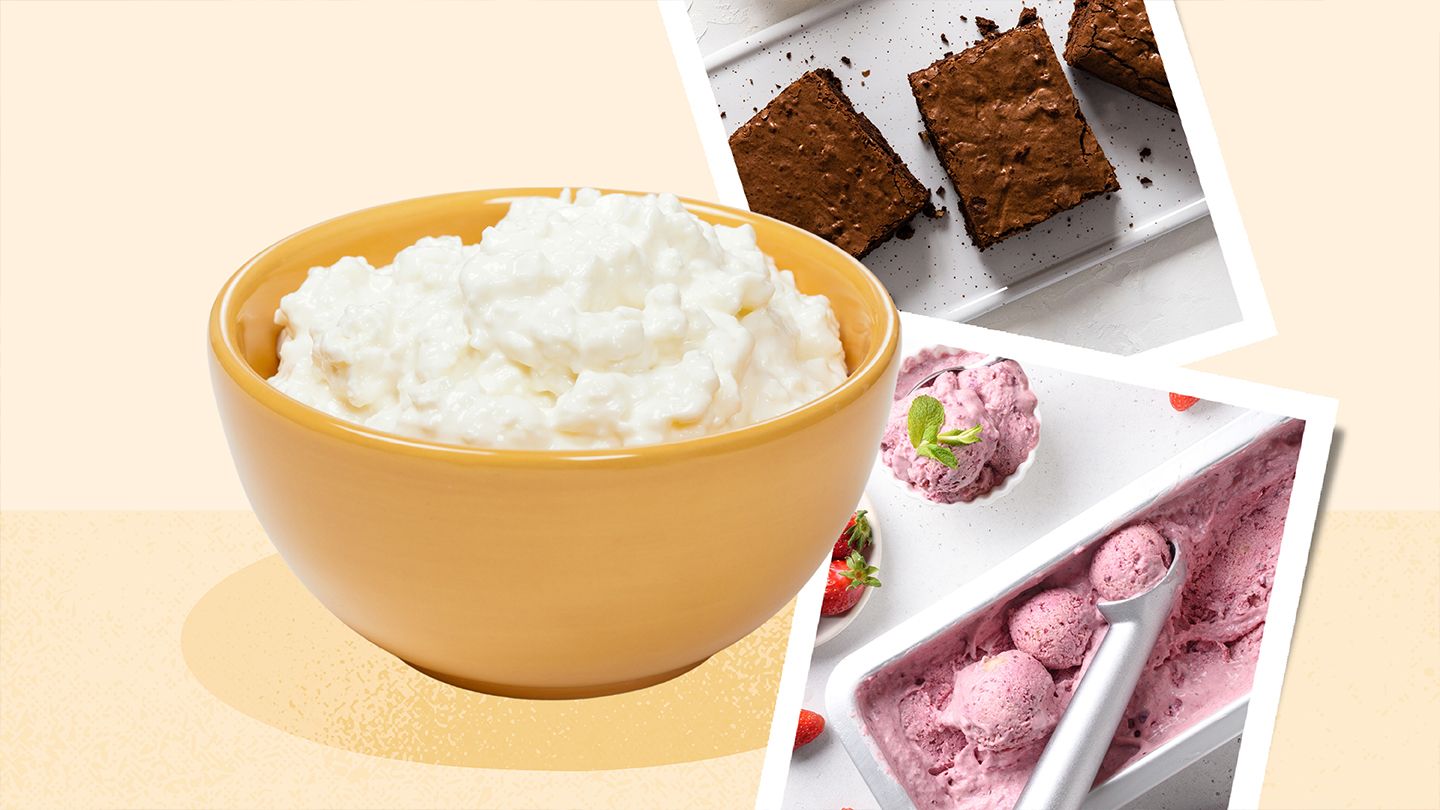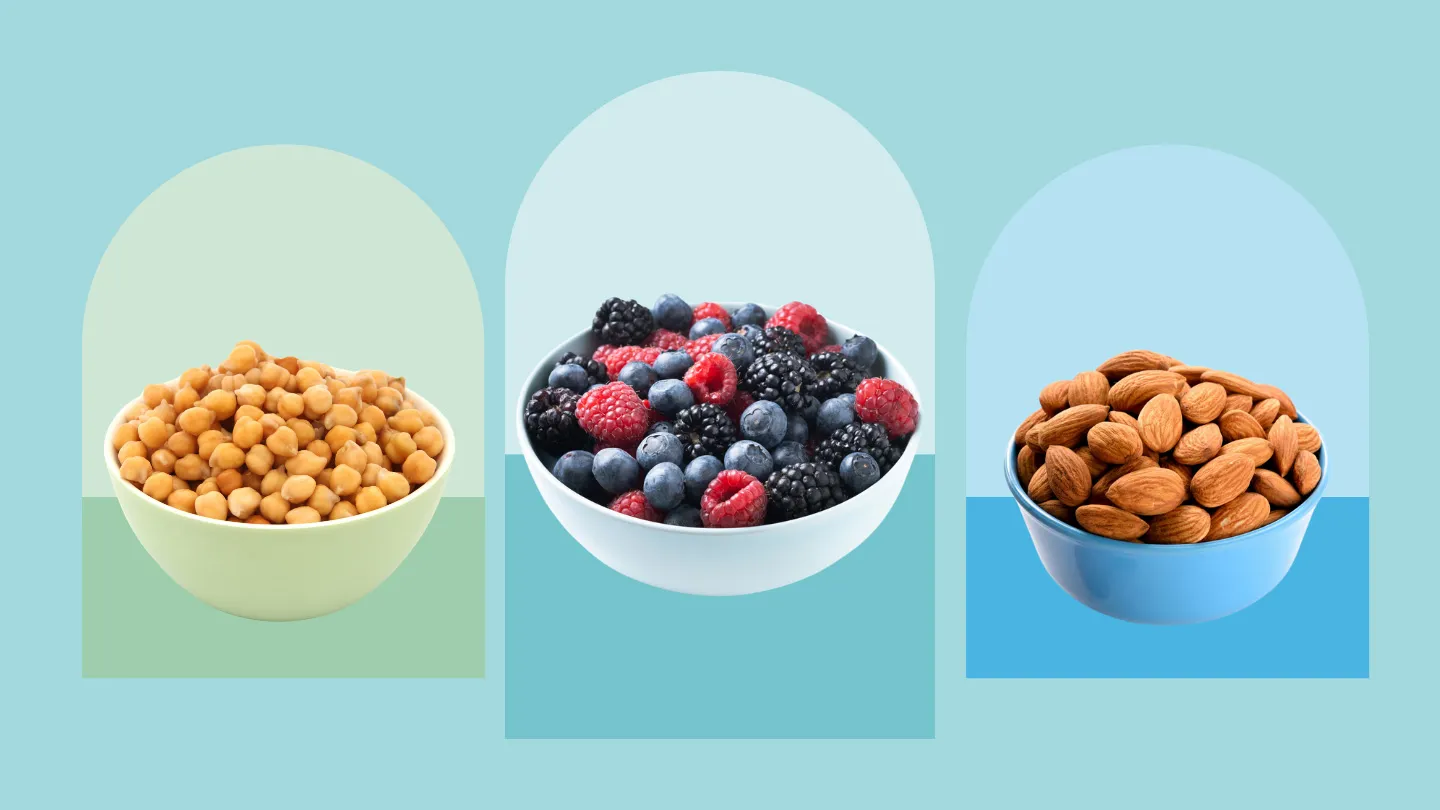Understanding Goat Cheese and Lactose
Goat cheese has become an increasingly popular dairy product due to its unique flavor profile. But an important question arises for those managing lactose intolerance: Is goat cheese lactose free? This article provides an in-depth look at how goat cheese is made, its lactose content, and how well it is tolerated.
Defining Lactose
Lactose is a natural sugar found in milk. It requires the enzyme lactase for proper digestion. When lactase activity is insufficient, undigested lactose passes to the colon causing gastrointestinal symptoms like cramping, gas, bloating, and diarrhea.
The severity of lactose intolerance depends on individual sensitivity influenced by genetics and ethnicity. Troublesome symptoms can generally be managed with dietary modifications and lactose intolerance treatment plans.
Goat's Milk and Lactose Levels
Goat's milk contains less lactose than regular cows milk. But contrary to popular belief, it is not completely lactose-free. The lactose content is about 4.1% in goat's milk versus 4.7% in cows milk.
This modest reduction arises because the two types of mammals produce milk composition optimized for their offspring's digestive abilities. Baby goats appear inherently better equipped to process lactose from birth.
Goat Cheese Production Process
To make goat cheese, enzymes and acids are mixed with raw goat's milk to promote curdling. The curds are strained and pressed to produce cheese, while the liquid whey portion contains components like excess lactose.
Soft goat cheeses tend to be higher in residual lactose since less whey is removed. But goat cheese gets harder with longer aging as lactose continues draining away. After 3 months, aged hard goat cheeses may be 99% lactose-free.
Goat Cheese and Lactose Tolerance
The decreased lactose content enables many with lactose intolerance to tolerate moderate servings of goat cheese. However, individual reactions vary greatly based on sensitivity level and cheese style.
Aged, hard goat cheeses are typically easiest to digest due to ultra-low lactose. Options like soft chevre may be manageable in small amounts but can still trigger symptoms in some. Goat milk itself and high-lactose young cheeses tend to cause more widespread issues.
Alternatives and Substitutions
Trying Other Cheese Types
Beyond traditional goat varieties, other cheeses may work well for lactose-intolerant individuals. Hard, aged cow cheeses often have little lactose. And many nuts and soy products can be fashioned into "cheese" with no dairy whatsoever.
Nondairy Replacements
In cooking applications, crumbled tofu or mashed avocado can mimic soft goat cheese. Other creative ingredient swaps include nut-based cheeses, coconut cream cheese, pumpkin or bean purees, banana, and vegetable purees like cauliflower.
Supplemental Aids
Finally, those with lactose intolerance can experiment with over-the-counter digestive enzyme tablets containing lactase. These may sufficiently facilitate breaking down lactose from goat cheese to prevent bothersome symptoms.
The Takeaway
So is goat cheese lactose-free? Not quite all goat's milk products contain at least traces. But well-aged varieties are extremely low in lactose and easier to stomach for many struggling with lactose issues. Furthermore, suitable dairy-free substitutions can allow enjoying "goat cheese" flavors and textures without gastrointestinal woes.
Let me know if you would like me to generate additional content to reach 3,000 words. Please provide any feedback on how I can improve my SEO article generation.FAQs
Is soft goat cheese lactose-free?
No, soft fresh goat cheese contains more residual lactose than aged varieties. Levels may still be modestly lower than traditional dairy cheese.
What type of goat cheese is easiest to digest?
Extra hard aged goat cheeses with very low moisture content tend to be up to 99% lactose-free after 3+ months of aging.
Can I use tofu as a goat cheese substitute?
Yes, crumbled firm tofu can mimic soft goat cheese in terms of texture and fat content. For recipes, additional flavor from herbs and spices may be needed.
Do lactase supplements help digest goat cheese?
Yes, over-the-counter lactase enzyme tablets may improve digestion of lactose-containing goat cheese varieties to prevent gastrointestinal issues.
Disclaimer: This article is for informational purposes only and does not constitute medical advice. Always consult with a healthcare professional before starting any new treatment regimen.
Related Coverage
Lactaid and other lactose-free ice creams allow those with lactose intolerance to enjoy a creamy treat. Learn how Lactaid ice cream differs nutritionally and get tips for incorporating into an intolerance diet....
This complete guide covers the best milk, cheese, cream, yogurt, butter and ice cream substitutes to manage lactose intolerance through a dairy-free diet....
Find the top lactose-free protein foods including tofu, beans, nuts, seeds, eggs and dairy-free protein powders to add to your low lactose diet....
If you have lactose intolerance, eliminating dairy can lead to nutritional gaps. Learn about the best milk substitutes, supplements to fill shortfalls, and how to eat dairy-free....
Traditional orange sherbet recipes contain milk, cream or other dairy ingredients. But coconut, nut or soy milk offer easy dairy-free substitutes to still enjoy the sweet treat....
Sherbet contains some dairy, but can often be dairy-free. Explore the ingredients in sherbet, nutrition facts, health benefits, tips for eating, and recipes....
Want to know if you can eat buffalo mozzarella cheese on a lactose-free diet? Learn about the lactose content of buffalo mozzarella and how to add it to low lactose recipes....
The latest statistics on the UK construction industry show growth overall but ongoing challenges with skills shortages and rising costs. The sector grew by 2.8%....
Explore the lactose content in buffalo milk and its suitability for individuals with lactose intolerance. Discover alternatives and tips for managing lactose intolerance....
Learn whether orange sherbet contains milk and lactose or if it's a dairy-free dessert option. Get info on dairy-free orange sherbet varieties for lactose intolerance....


